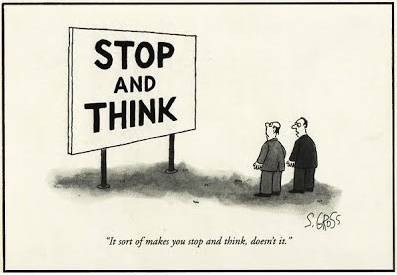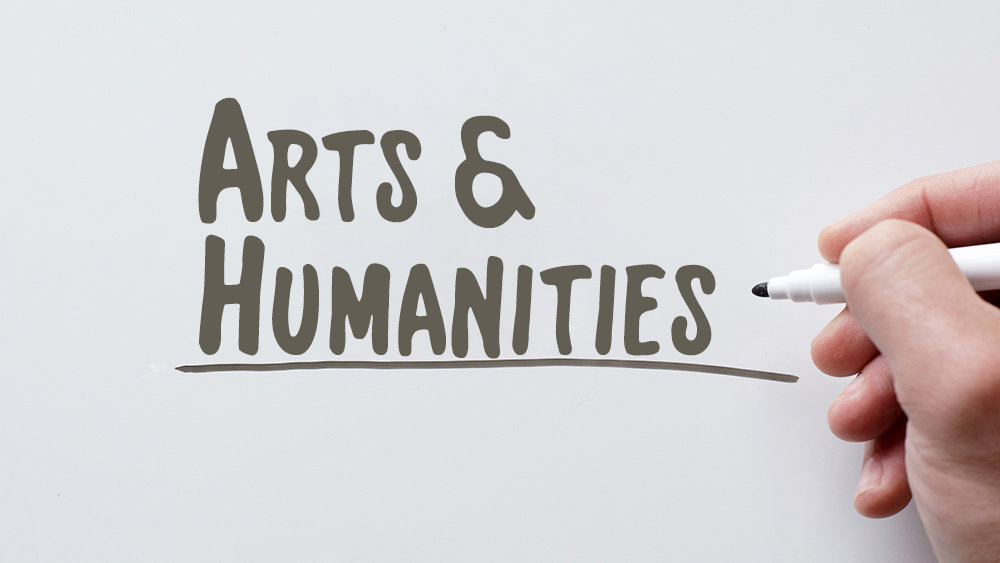It's a phenomenon based on an increasingly popular philosophy of life. And it's sadly contagious.
I’ve just read a remarkable book for our time. The title is First Person. It’s about a young author named Kif who’s hired to ghost write the autobiography of a major con man business tycoon in Australia in the early 1990s. The man’s name is Siegfried Heidl, known to his close circle as Ziggy. On the surface, he’s a prominent character in the culture who has been arrested for his outsized, gaudy, outrageous, flashy business endeavors that, it turns out, have bilked and defrauded banks of at least seven hundred million dollars. But deeper down, the man represents an increasingly common philosophy of life. As in the case of every grifter, the con man has first conned himself, and then he corrupts everyone around him with a sort of moral contagion. We see it happen all the time. It even gets played out in the daily news now, in a constant drip of tawdry revelation.
The book begins with the young writer, who is trying to write a first novel, getting hired to work on the other book project instead and commuting from his home on a poor island to labor during the week in Melbourne, where he is to interview this celebrity CEO before his coming trial and imprisonment, take notes, and draft out a book quickly. But the con man doesn’t want to reveal anything about himself at all. And so the writer struggles. He comes to hate this blowhard, authoritarian, CEO/Grifter, and yet gradually begins to become like him in the end. I’ve copied down some sentences throughout the book that you may find fascinating, individually, and then especially in their cumulative epiphanies. The main voice is that of the young writer. No quotation marks are used. When first confronted with this man, he is astonished. Here are the passages he jots down from his early encounters with the man:
He contradicted his own lies with fresh lies, and then he contradicted his contradictions. (110)
Flattery, he said. So obvious, so easy. It’s not foolproof, but it is proof of fools. (115)
Without secrets, how are we to live? he said. (125)
And the more I saw of him, the more I found every smile, every gesture full of falsity, and each day the more frightened of him I grew. (126)
A man of unexpected shadows, in another life he might have risen to be a self-help expert, topping the New York Times bestseller lists and giving overpriced motivational lectures. And who knows what else? Personal branding. Perhaps even fragrance lines. (128)
I think he just lies. Maybe he doesn’t even care about the money and it’s just a game. (136)
And with that, he leaned back, performance done, puddles of arguments drowned in a sea of nonsense. (153)
It couldn’t last, though, I said.
Why not? So much does. (154)
He said that a coward was the most terrifying man, because there was no end to the things he might do to prove both to himself and others that he had courage. (173)
Put a corpse behind a desk and people will see their superior, he told me brightly as he put the phone down from another call to the media. (175)
… and with a seeming pride out of character he told me that for every con man born so too are a thousand fools willing to be deceived. (176)
It was his need in some fundamental way to possess everyone he encountered. At times, he felt more a contagion than a human being. (179)
(Heidl Speaking in the next three quotes):
Look around you, Kif—sickness, war, the poverty that makes people savage, the riches that make them worse. Do you think the evidence of the world is that the good are rewarded? Oh no! They’re punished. They’re beaten and tortured. They have the skin peeled off them and they’re left hanging in trees to die. The evidence of the world is that the world is evil. Cheats and liars win out, Kif. Money wins out. Violence wins out. Evil wins out. (181)
Make your choice: be a fool, lie to yourself that the world is good, and go with the good. But you will lose. … Everyone and everything is destroyed in the end by evil. You can choose good. Or you can be like me and accept the world as it is. (181)
Why deprive myself of anything, that’s what I think. Would you like a car like that? A woman? Money? You would, wouldn’t you? (182)
He went on about how he was just an ordinary man who just happened to see the world a little more clearly than other men. (183)
That was what was so confusing about him—what was genuine? What was fantasy? What was fact? All I knew was that whatever or whoever he was, I was fed up with him. (185)
Exhausted by his unbelievable laziness, his lies, his greed, his selfishness, his lunatic melodramas, I felt my frustrations transform into a wild hatred. (185)
Now I think that was precisely the point of all Heidl’s stories: to make me believe my life was based on illusions—the illusions of goodness, of love, of hope. And persuaded of that, I would betray something fundamental within myself and embrace his world as my real life. (187)
He was crazed, impossible. I was exhausted by him, angered by him, insulted by his continuing idea of me as one more credulous goon who would believe any garbage he spun. (230)
I couldn’t stomach the falseness of it all, the toying with people it involved, the perverse curiosity of placing people in extreme situations to see how they might react. (233)
Nothing about him was real. I yelled at him all that I thought: about his cowardice. His laziness. His lies. His greed. His manipulation. (235)
You’re a monster, I spat.
Whoever fights monsters should see to it that in the process he does not become a monster. (236)
You want to live without enemies, Heidl said, that’s your problem. You think if I am good and kind and don’t speak ill of others I won’t have enemies. But you will, you just don’t know it yet. They’re out there, your enemies, you just haven’t met them. You can seek them out or pretend they don’t exist but they’ll still find you. Trust me. You want to be like a dog everyone likes, but there’s not a dog alive someone doesn’t want to kick or kill. You want everyone to be your friend? Why? Why bother? (256)
I stole the sun, he said. Souls, I stole souls. I ate them whole and no one saw. I am eating the world. I am eating myself. (257)
I want grandeur, he said. To shit grandeur. (257)
All the rules, all the morals, all the mysteries, they didn’t apply. For a short time I flew above them, beyond them. I was the world and the world was me … (259)
Everything they pretended to hold dear, I trampled beneath me. (259)
The world will burn. And why? Because of me … (259)
There was nothing there. His whole life had been a lost search. (267)
He wasn’t evil. That was too grand an idea when his truth was much more mundane. He was just pathetic. (291)
-------
TM Note: The Writer’s Life Itself Later On. Kif becomes a television show writer, then a prominent producer, giving up his literary ambitions for the sake of money. He has become like the man he hated and now, looking back, writes (and in the second passage quotes an old childhood friend, Ray, who was the bodyguard of the con man):
--------
I’m not saying thought that what I did was a con. I am asking the question: what is not? (311)
At the time I wanted to succeed, and I had thought that life was about success. Later I came to a different point of view. Living is about being wrong, as Ray once said. But hopefully getting away with it. To live is to be defeated by ever greater things, and it may be that you learn from your defeats, but mostly you are defeated by what you learn. Perhaps the soul purpose of life, I came to think, is learning to understand the measure of your own particular failure. (311)
I rode out the good years, the golden decades, rode them hard, had fun, made money, and lost most everything else. (319)
You can do that, you know. Lose some fundamental part of yourself. and you cannot have it back. Ever. (319)
In my own humble way, retailing lies as reality, I see I have become just another con man. (320)
First Person: https://amzn.to/2MZosyG












































